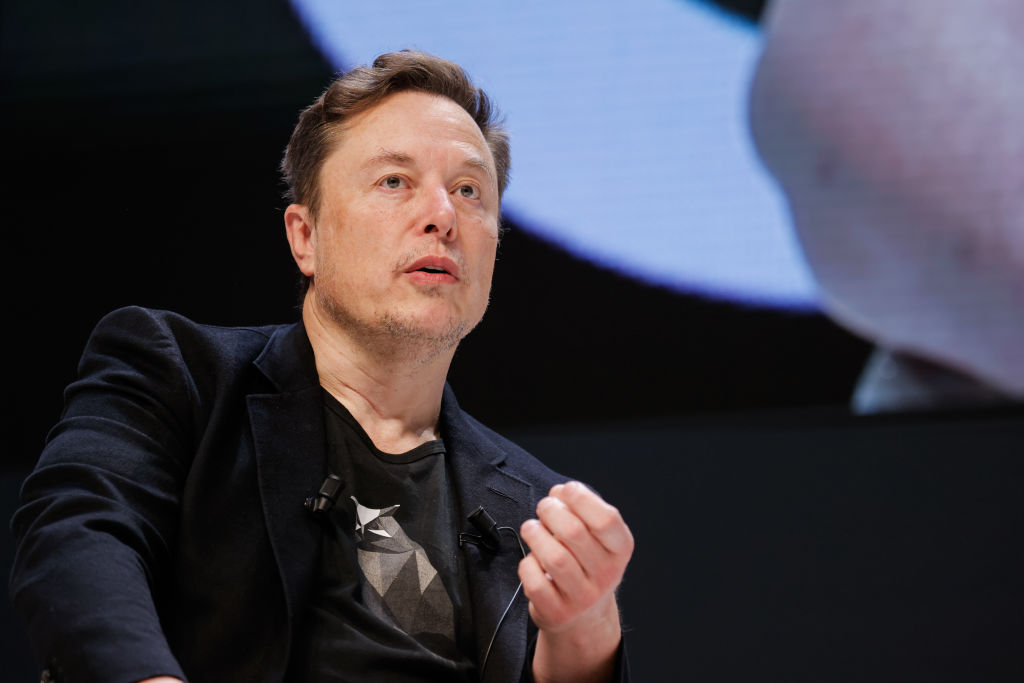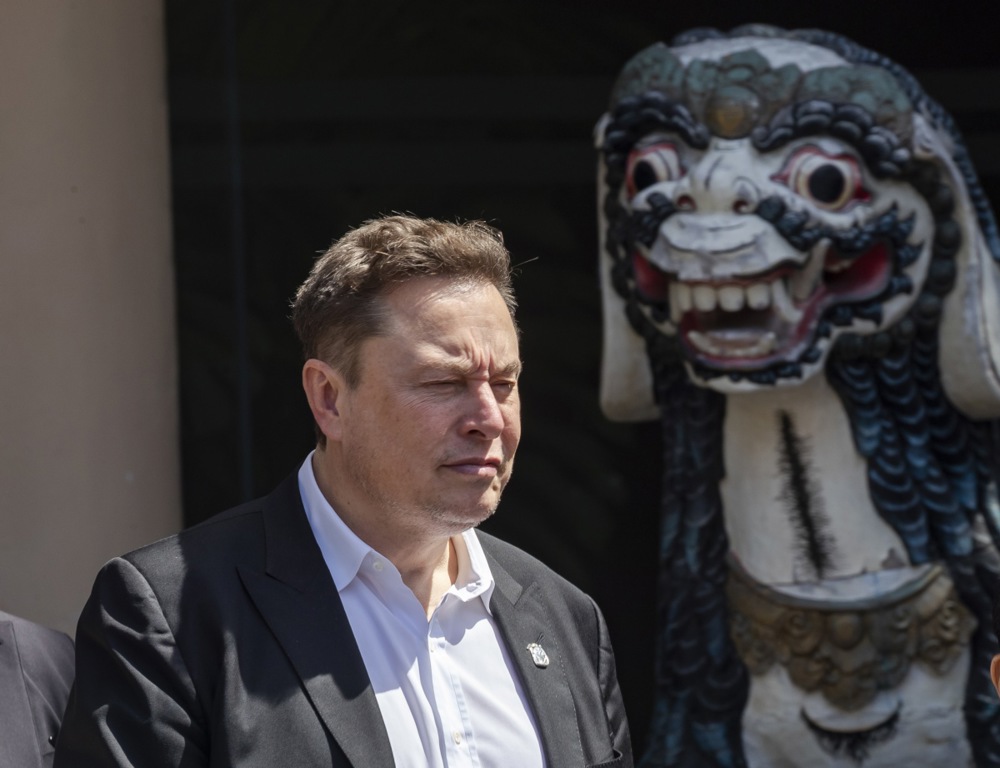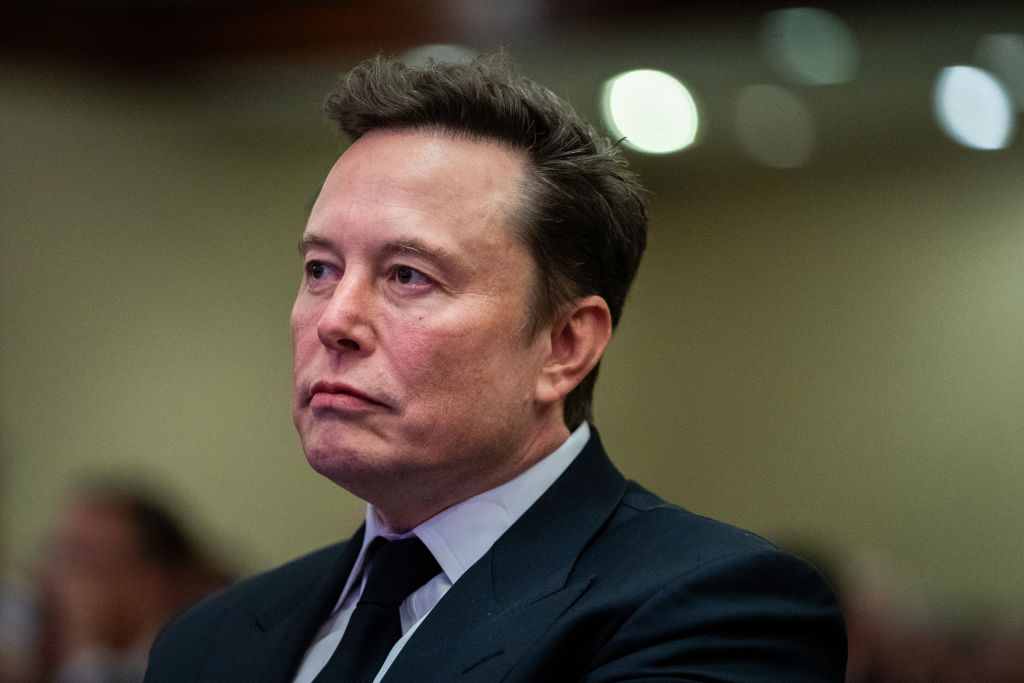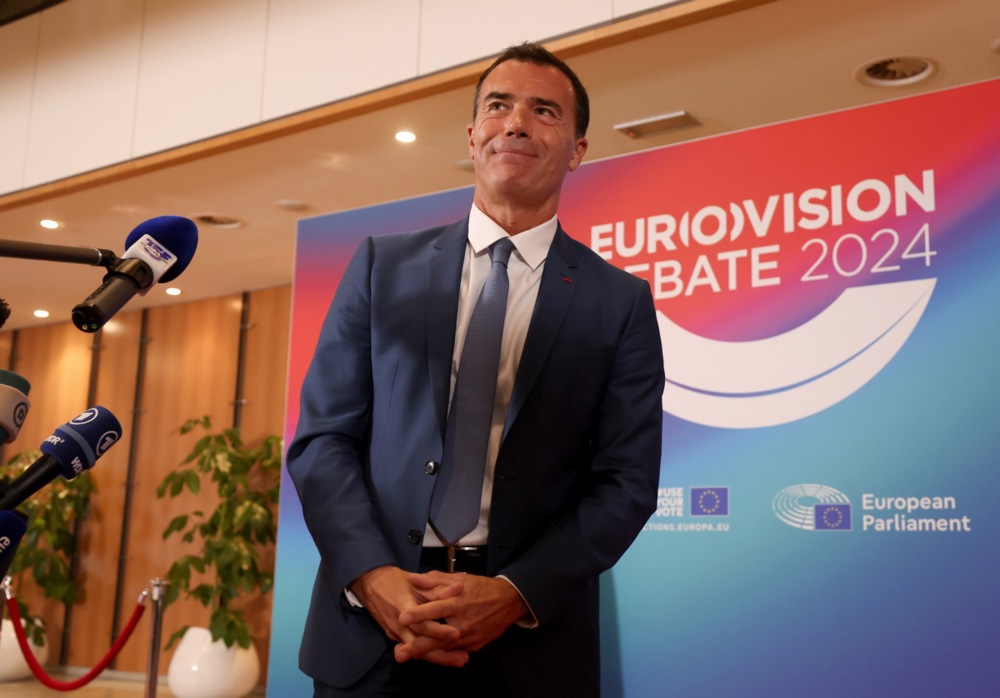Germany’s parliament is reported to be investigating whether an upcoming online conversation between US tech guru Elon Musk and the head of the Alternative for Germany (AfD) party could be considered an illegal campaign donation.
Party co-leader Alice Weidel was due to take part in an X discussion with him at 7pm CET on January 9. The planned event has caused uproar among Germany’s media, political and civil society groups, which have all tried to prevent the AfD from getting publicity due to its Conservative-right views.
Parliament officials were looking into whether the talks may be illegal under German election law, with the investigation being sparked by a press release from NGO LobbyControl on January 8.
First, the EU tried to stop me from having an online conversation with President @realDonaldTrump.
Now, they want to prevent people from hearing a conversation with @Alice_Weidel, who might be the next Chancellor of Germany.
These guys really hate democracy!! https://t.co/7xjK9sR33m
— Elon Musk (@elonmusk) January 8, 2025
According to the parliament, free advertising was considered a form of donation under German electoral law. It added that donations from outside the European Union were illegal.
Since Musk and X, it argued, were based in the US that meant publicising Weidel and her party on X could also be illegal.
“In this case, the facts are currently being clarified,” a Bundestag – parliament – spokesman said while confirming to the media the matter was now being looked into.
Neither LobbyControl nor the spokesman mentioned that Twitter International Unlimited Company, responsible for X’s activities in Europe, was based in Dublin, Ireland, which was a member of the EU.
US tech billionaire Elon Musk has faced criticism from German politicians after expressing support for the right-wing party Alternative for Germany (AfD) in an opinion piece. https://t.co/ZDhhyd89e1
— Brussels Signal (@brusselssignal) December 30, 2024
There have been repeated calls for the EU to intervene ahead of the planned event from both German and European politicians. The bloc confirmed it would deploy more than 100 officials to examine the conversation for possible rules violations.
Musk has mocked the EU’s attempts to censor him, describing it as evidence that Eurocrats “hate democracy”.
“First, the EU tried to stop me from having an online conversation with President [Donald Trump]. Now, they want to prevent people from hearing a conversation with [Alice Weidel], who might be the next Chancellor of Germany,” he wrote on January 8.
“These guys really hate democracy!!”
Speaking to Brussels Signal on January 8, AfD MEP Siegbert Droese emphasised the conversation was important for the party, especially as freedom of expression had, he said, increasingly been clamped down upon in Germany and Europe.
“I think it’s going to be a very good session. We must support people like Musk, who is very much in favour of freedom of expression,” he said.
“We’ve forgotten that value a bit in Europe recently. The old policy has set very strong limits [on speech] here.”
European Union members should have a veto over European Commission decisions, Alternative for Germany co-leader Alice Weidel has said. https://t.co/flcU4uJ9IJ
— Brussels Signal (@brusselssignal) December 20, 2024





